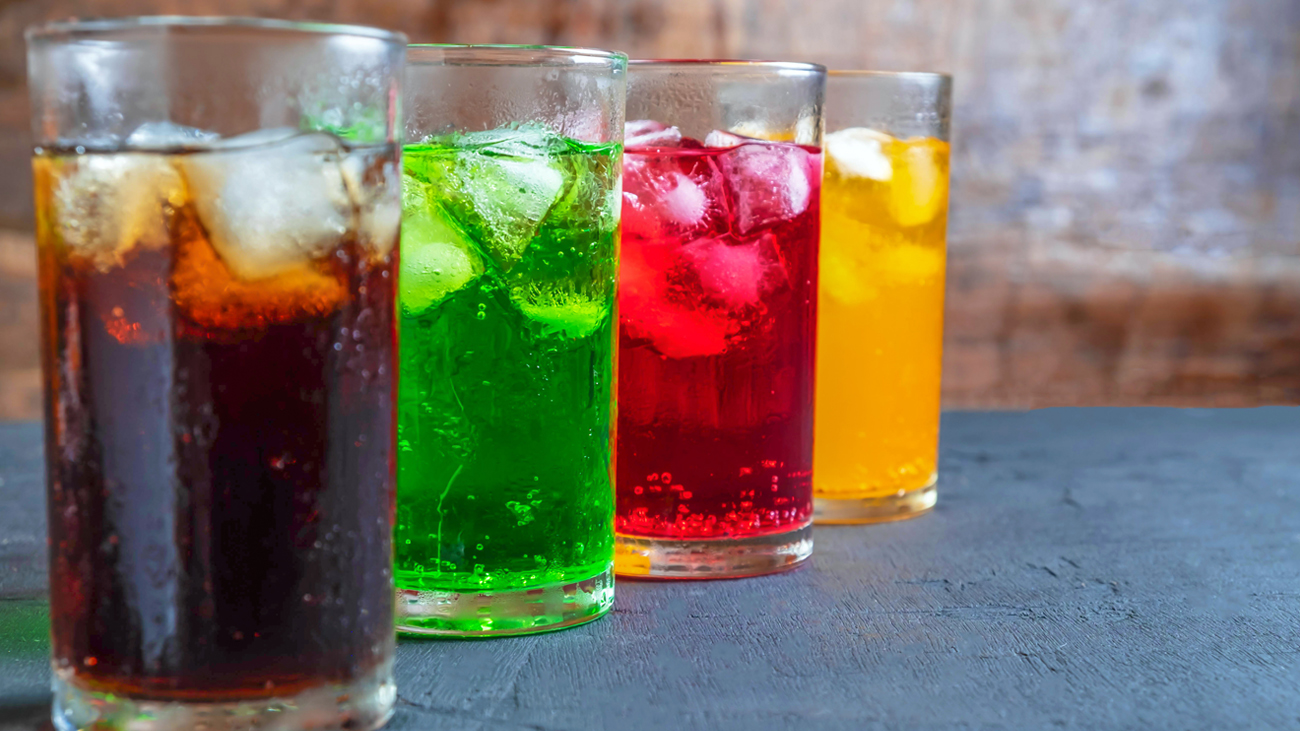Soft drinks, high in refined sugar and syrups, have become increasingly popular worldwide.
Children and teenagers, always eager to be seen with the ‘cool kids’ drink, are easily influenced by clever marketing and the addictive nature of sugary beverages.
Alongside this trend, the rate of overweight and obesity among children and adolescents has been on the rise. There is growing concern that young people are severely suffering from the negative health effects of consuming high amounts of sugar from sugary drinks.
In response, researchers conducted a comprehensive study to explore the association between soft drink consumption and overweight/obesity among adolescents in 107 countries and regions.
In total, 405,528 school-going adolescents participated, with an average age of 14 years.
The research revealed a positive correlation between the prevalence of daily soft drink consumption and the rise of obesity among adolescents.
Key Findings
- Every 10% increase in the prevalence of daily soft drink consumption impacted a 3.7% increase in the prevalence of overweight and obesity.
- Daily soft drink consumption was associated with a 14% higher likelihood of being overweight or obese among school-going adolescents.
The link between soft drink consumption and overweight/obesity is attributed to several factors. Soft drinks are often high in added sugars, contributing to excess energy intake and weight gain. Moreover, consuming liquid calories from soft drinks may reduce satiety, leading to overeating at subsequent meals.
Country-Level Analysis
The prevalence of overweight and obesity among adolescents varied significantly across countries, with rates ranging from 3.3% in Cambodia to a staggering 64.0% in Niue.
Similarly, the prevalence of daily soft drink consumption varied from 3.3% in Iceland to 79.6% in Niue. The study further revealed that high-income countries were more likely to implement soft drink taxes compared to low- and middle-income countries, suggesting the potential effectiveness of such measures in curbing soft drink consumption.
This is the first study to examine the association between soft drinks and obesity among adolescents at both country and individual levels.
The study used data from three cross-sectional surveys: the Global School-Based Student Health Survey (GSHS), the European Health Behavior in School-Aged Children (HBSC [Europe]) study, and the US National Youth Risk Behavior Survey (YRBS [US]).
Inspiring Action
“Our findings support that reducing soft drink consumption should be a prioritized approach for curbing the pandemic of overweight and obesity among adolescents.”
Policymakers, particularly in low- and middle-income countries, should consider implementing soft drink taxes and other strategies to reduce the consumption of soft drinks and mitigate the obesity epidemic among young people.
The Intelligent Sugar Strategy
In addition to weight gain, sugary drinks can also promote tooth decay and hyperactivity in children and adolescents.
So how can we positively influence the health of the next generations? At Intelligent Sugar, we are educating and informing about the dangers of classic sugars and the positive health benefits of Dr Coy’s natural, healthier sugars.
In specific combinations, these sugars not only replicate the roles of classic sugars (taste and texture) but also actively contribute to metabolic health (claims backed by the European Food Safety Authority and independent peer-reviewed studies).
To help reduce obesity in young people, we are:
- Raising awareness about the health benefits of Dr Coy’s sugars to help families make the Intelligent Sugar Switch.
- Advising food and beverage companies on creating healthier chocolates, snacks, and sodas for young people. Our patented chocolate and soda beverage are formulated to prevent blood sugar crashes and insulin spikes, while supporting sustained energy levels.
- Creating engaging educational materials about sugar and our metabolic health to empower parent’s nutritional decision-making.


